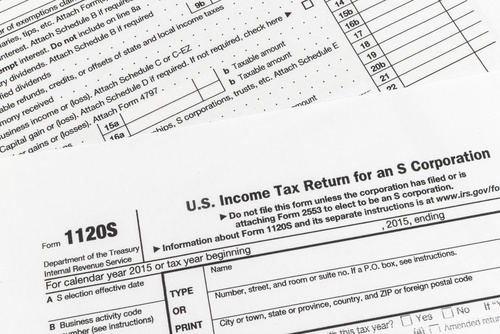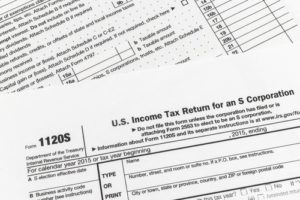 At some point, most small businesses owners will visit a bank or other lending institution to borrow money. Understanding what your bank wants, and how to properly approach them, can mean the difference between getting your money for expansion and having to scrape through finding cash from other sources. Unfortunately, many business owners fall victim to several common, but potentially destructive myths regarding financing, such as:
At some point, most small businesses owners will visit a bank or other lending institution to borrow money. Understanding what your bank wants, and how to properly approach them, can mean the difference between getting your money for expansion and having to scrape through finding cash from other sources. Unfortunately, many business owners fall victim to several common, but potentially destructive myths regarding financing, such as:
- Lenders are eager to provide money to small businesses.
- Banks are willing sources of financing for start-up businesses.
- When it comes to seeking money, the company speaks for itself.
- A bank, is a bank, is a bank, and all banks are the same.
- Banks, especially large ones, do not need and really do not want the business of a small firm.









 As a small business owner, figuring out which form of business structure to use when you started was one of the most important decisions you had to make; however, it’s always a good idea to periodically revisit that decision as your business grows. For example, as a sole proprietor, you must pay a self-employment tax rate of 15% in addition to your individual tax rate; however, if you were to revise your business structure to become a corporation and elect S-Corporation status you could take advantage of a lower tax rate.
As a small business owner, figuring out which form of business structure to use when you started was one of the most important decisions you had to make; however, it’s always a good idea to periodically revisit that decision as your business grows. For example, as a sole proprietor, you must pay a self-employment tax rate of 15% in addition to your individual tax rate; however, if you were to revise your business structure to become a corporation and elect S-Corporation status you could take advantage of a lower tax rate.



